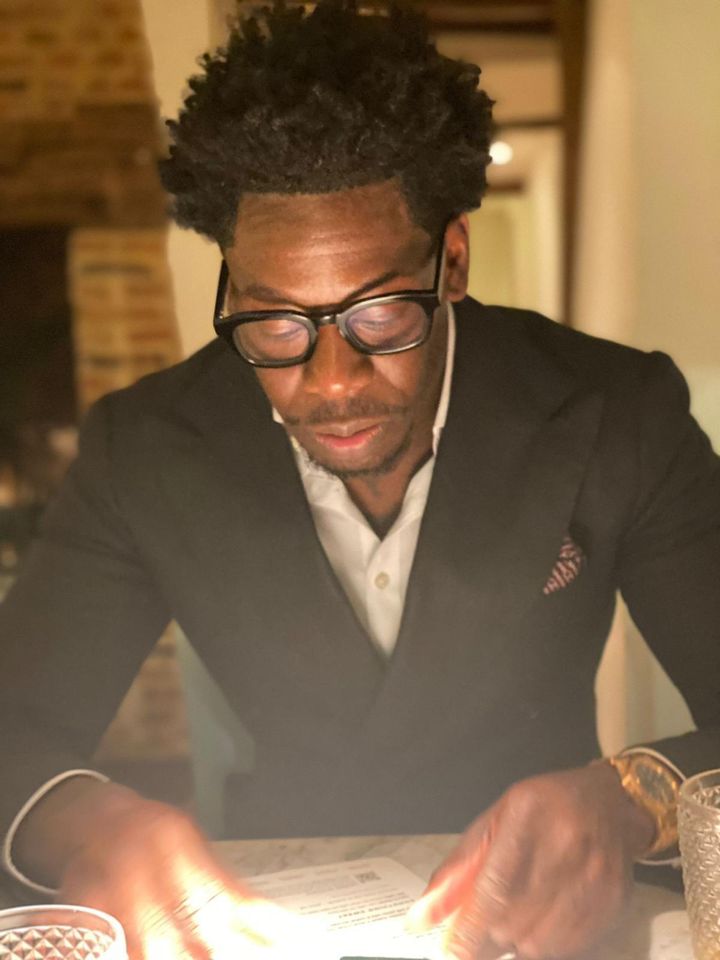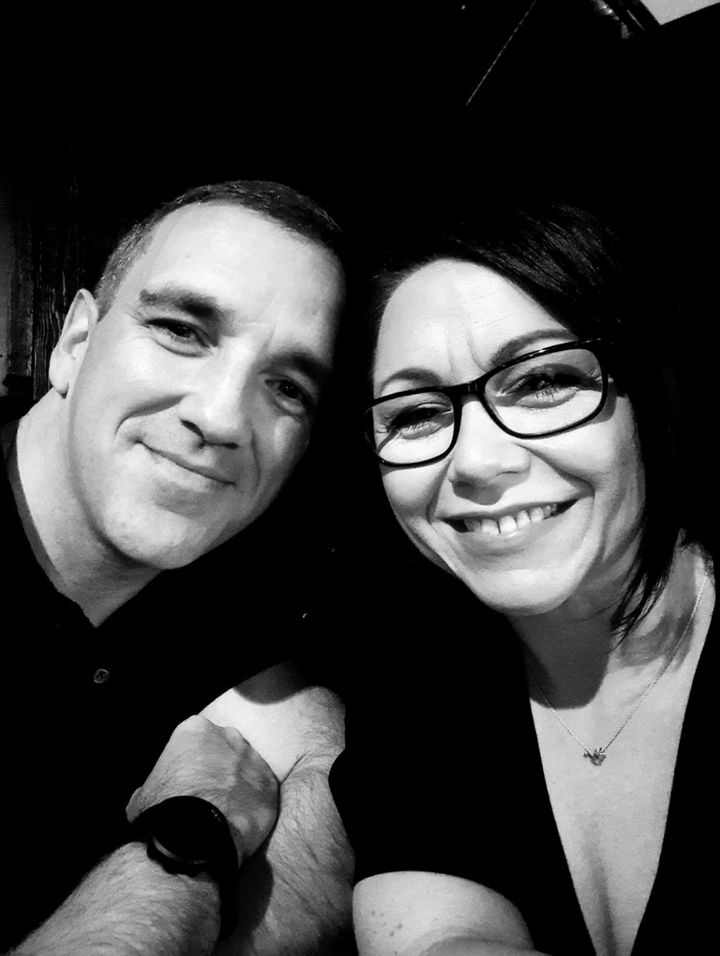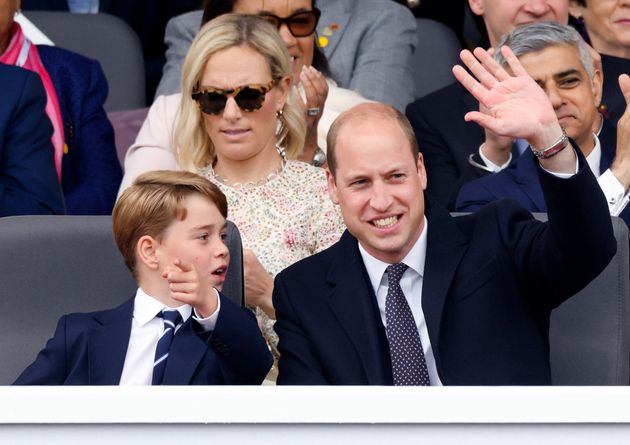For many people, 2022 went by in a blink – doesn’t it feel like it was just January? But for others, especially children, last year’s holidays may seem like eons ago.
There’s a reason why you may feel like the years moved slowly when you were a kid, but zoom by now. Experts say our perception of time greatly changes as we age, which makes certain periods feel like they go by quickly.
Advertisement
“Our perception of days, weeks, years and that kind of time seems to be especially influenced by our perspective: Are we in the moment experiencing it, or are we looking backward on time?” says Cindy Lustig, a professor of psychology at the University of Michigan.
She added that the perception of time is also influenced by memory and how much you’ve experienced. For an eigh-year-old, a week is a big portion of their life. For an 80-year-old, a week is a much smaller portion of their life, which contributes to the feeling that it went by quickly.
Looking back on time plays into this feeling of acceleration
A day in the life of a retired 80-year-old may feel like it’s going by more slowly than that of an eight-year-old who is busy at school. However, when both people look back on a month or a year, that period of time will seem like it went by faster to the older person.
This is for a number of reasons. For the 80-year-old, their life probably doesn’t look too different than it did when they were 78 or 79, “so, in that case, they’re looking back on fewer events,” Lustig says. “When you’re looking back, the less rich your representation is, the more it’s going to seem like the time went by quickly.”
Advertisement
In other words, our brains lump time together when the days or weeks are similar. So for an 80-year-old who largely does the same thing every day, the year is going to blend together in their mind and feel like it went by quickly.
The new and exciting things in a day are what make the days and months feel different, and thus set them apart in our minds.

Halfpoint Images via Getty Images
Changes to your routine can also affect how fast the years seem to go by
“Our brains are designed to record change,” says Adrian Bejan, a professor of mechanical engineering at Duke University and the author of the recent book Time And Beauty: Why Time Flies And Beauty Never Dies.
The many experiences young children have in a day (such as learning new things at school, going to ballet class or visiting a new friend’s house) contribute to the notion that time is more plentiful and more activities can fit into that time. Therefore, when looking back, time may feel slower.
Advertisement
This can apply to adults, too. When we look back on a time period that was filled with lots of new experiences, “we see [a] large expense of events and memories, and that makes it seem like time stretches out … and it feels very long,” Lustig says. If you’re not introducing new patterns into your life, time can feel like it’s going by much quicker overall.
Some experts think that how our brain absorbs images impacts our perception of time
How we process what we see can also influence how we view time, Bejan says. Our brains are trained to receive many images when we are infants. Because we’re absorbing so many new images as kids, it may feel like months and years are longer.
As adults, “the brain receives fewer images than it was trained to receive when young,” Bejan says. Therefore, we feel like time went by more quickly. In other words, there are physiological factors at play that influence our perception of time ― namely, the older we get, the faster it feels.

Maskot via Getty Images
While you can’t slow time, you can do things to feel like it’s moving a little slower.
Bejan says many older people ask him how they can slow down time, “because everybody wants to live longer [and has] the urge to do more and better things with the time that is available.”
Advertisement
He said one way to do this is to experience things that are new and out of your usual regimen.
This could mean picking up a childhood hobby (like dancing or violin), taking an overnight trip to a city you’ve never visited or signing up for a cooking class. Learning new things is another good way to make your time feel longer when you look back on your life, he said.
Bejan stresses the adage “variety is the spice of life”: you should get out of your routine and take advantage of the time you have, which will only help make you feel like your year had more time to fill, he says.
Living a routine-only life makes the year fly really fast, he adds.
Lustig notes that being fully engaged and “in the moment” can make those moments seem to last longer. In fact, laboratory studies show that mindfulness exercises can stretch our perception of time, she says. So don’t try to focus on multiple tasks at once. Instead, just focus on the experience at hand.
“None of us know how much time we have, but, interestingly, we do actually have a lot of control over how we experience that time,” Lustig says. “So I encourage everybody to make the most of the time that you’ve got.”






















